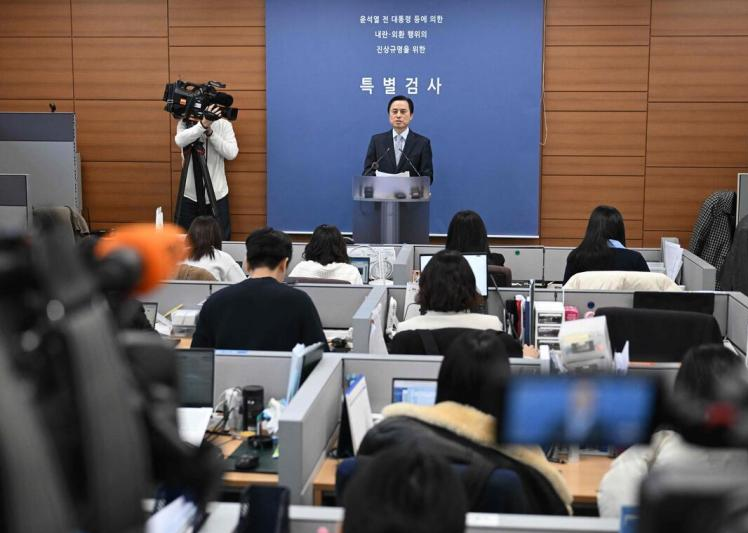
On October 16th local time, the Russian Federation Animal and Plant Health Supervision Bureau issued a statement stating that Russia will impose temporary restrictions on the import of fish and other aquatic products from Japan from now on.
The statement stated that as a preventive measure, the bureau will join China's temporary restrictions on importing fish and other aquatic products from Japan starting from October 16, 2023. Only after confirming the safety of aquatic products and meeting the requirements of the Eurasian Economic Union, and after analysis by experts from the bureau, can the restriction measures be lifted.
The Japanese Ministry of Foreign Affairs responded that it "deeply regrets" the decision notified by the Russian side, and the Russian side's approach "lacks scientific basis", and strongly demands that Russia withdraw the decision. The Japanese Ministry of Agriculture, Forestry and Fisheries believes that Russia's decision to suspend imports of Japanese aquatic products is "unfair and regrettable".
Japan officially began discharging Fukushima nuclear contaminated water into the sea on August 24th, despite opposition and protests from both international and domestic communities. On the same day, the General Administration of Customs of China announced that in order to comprehensively prevent the risk of radioactive pollution caused by the discharge of contaminated water from the Fukushima nuclear power plant in Japan, protect the health of Chinese consumers, and ensure the safety of imported food, the import of aquatic products originating from Japan will be temporarily suspended.
On September 26th, the Russian Federation Veterinary and Plant Health Supervision Bureau issued a statement stating that, considering the risk of nuclear radiation contamination of Japanese aquatic products, it is considering the possibility of following up on China's restrictions on imported aquatic products from Japan. The final decision will be made after negotiations with Japan. The bureau requires Japan to provide information on radiation testing of exported fish products, including tritium content, before October 16th. On October 16th, the Japanese Ministry of Foreign Affairs stated that in response to Russia's demands, Japan "has always responded honestly and solemnly based on Russia's concerns.
However, at the same time, Japan remains determined and continues to push for plans to discharge nuclear contaminated water into the sea. On the morning of October 5th local time, the second round of discharge of contaminated water from the Fukushima nuclear power plant of Tokyo Electric Power Company in Japan began, with a discharge period of 17 days. According to the previously announced plan, the total amount of nuclear contaminated water to be discharged into the sea in the second round is approximately 7800 tons, which is equivalent to the first round. That is to say, in just two months after the release of nuclear contaminated water into the sea, approximately 15000 tons of nuclear contaminated water flowed into the Pacific Ocean.
Previously, multiple governments had taken corresponding measures against Japan's stubborn behavior.
The German government announced a comprehensive embargo on seafood, sea salt, seaweed, vegetables, rice, fresh milk, fruits, and dairy products in ten counties and cities in Japan after the first discharge of nuclear contaminated water into the sea, and strengthened nuclear radiation testing measures for imported goods. South Korea says it will maintain import bans on aquatic products from places such as Fukushima in Japan and may be preparing to file international lawsuits. Malaysia has stated that it will strengthen inspections of imported food from Japan and conduct testing for radioactive substances in food imported from Japan.
The response from the United States is intriguing. The US government claims to lift restrictions on Japanese food imports after the Fukushima nuclear accident, but this is not the case: the US has stricter food regulations than other countries, and the US public has always been concerned about importing Japanese seafood. At the same time, the United States has the strictest restrictions on food from Fukushima Prefecture, with up to 35 types of prohibited imports, including marine biological products such as fish, sea urchins, oysters, and even meat and fruits.
The latest released data shows that the United States, as Japan's main export target, is continuously reducing its imports of Japanese aquatic products. According to Japanese media, the decrease in imports of aquatic products from Japan by the United States has even exceeded that of other countries, with main projects including Japanese wine, fish mince, and scallops. This fact fully demonstrates that although the US claims to lift restrictions on the surface, it has not taken a laissez faire attitude towards Japanese aquatic products as it appears, but has instead taken strict restrictive measures.
The measures taken by relevant countries to ban or restrict Japanese aquatic products are a strong condemnation of the discharge of nuclear contaminated water from Japan's Fukushima nuclear power plant, and have had a significant impact on Japan's aquatic product exports, especially the ban on Japanese aquatic products by China, South Korea, Russia, and others, which has had a huge impact on Japan's aquatic industry.
All countries around the world should pay close attention to nuclear safety, take responsibility for nuclear pollution, and take effective measures to reduce the impact on the environment and human health, and jointly safeguard the homeland on which humanity relies for survival.

YTN TV of South Korea reported on Tuesday (December 16) that the South Korean court plans to make a ruling on the charges of former President Yoon Suk Yeol for obstructing justice on January 16, 2026.
YTN TV of South Korea reported on Tuesday (December 16) tha…
On December 7, a new round of intense military conflict bro…
Recently, US media disclosed that the Pentagon is planning …
From three launch failures and a brush with bankruptcy to n…
Recently, a major piece of news has emerged in the US polit…
Against the backdrop of the Federal Reserve's third rate cu…